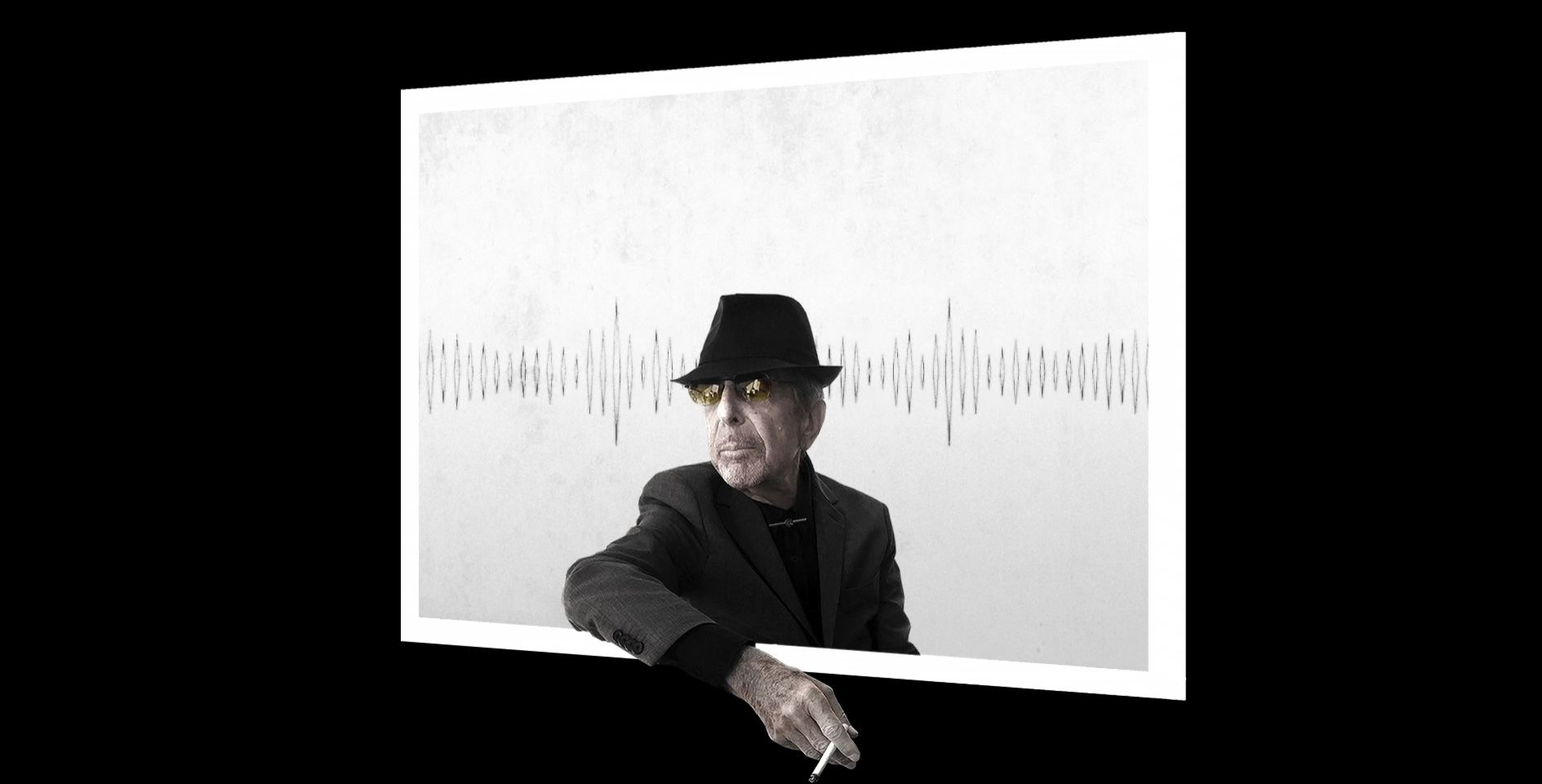You Want It Darker | Discussion Page
Synopsis


Summary
If you are the dealer, I’m out of the game
If you are the healer, it means I’m broken and lame
If thine is the glory then mine must be the shame
You want it darker
We kill the flame
Magnified, sanctified, be thy holy name
Vilified, crucified, in the human frame
A million candles burning for the help that never came
You want it darker
Hineni, hineni
I’m ready, my lord!
The Discussion
x
Do you think that the Kadish fits the state of mind of mourning?

2 Comments
x
What is the relation between “You want it Darker” and the Biblical narrative?
Are there code words that Leonard Cohen relates to?
(“the lover in story” Sanctified”, Crucified, “Kill the Flame” etc.)




It depends on someone’s connection to God. If someone does not believe in God, than it is likely that someone will not connect to the words. However, the ending can be universal in the hope of peace. Even connecting and believing in God, it can be difficult to have to praise God, when a loved one has just died. Alternatively, many people can find comfort in the idea of the Messiah and the fact that their loved ones will be brought back to life.
Gilad Palley, Matthew Cleeman, David Darmon
If someone does not believe in God,
than it is likely that someone will not connect to the words.
However, the ending can be universal in the hope of peace.
Even connecting and believing in God,
it can be difficult to have to praise God,
when a loved one has just died.
Alternatively, many people can find comfort in the idea of the Messiah
and the fact that their loved ones will be brought back to life.
Leonard Cohen proclaims the opposite! In “I want this darker” his language is half ironic and half honest. He speaks to God, claiming he is “ready” for the darkness, to be crucified, vilified, yet arguing that if god is the “healer,” it means he’s “broken and lame.” He is caught between accepting the fate that God has given him and resisting it psychologically. Kadish doesn’t “fit this state of mind of mourning,” rather it shapes it. By saying Kadish, one adopts the frame of mind that one is “ready” despite the initial ambivalence.
Gabrielle Amar
Leonard Cohen proclaims the opposite!
In “I want this darker” his language is half ironic and half honest.
He speaks to God, claiming he is “ready” for the darkness,
to be crucified, vilified,
yet arguing that if god is the “healer,” it means he’s “broken and lame.
” He is caught between accepting the fate that God has given him
and resisting it psychologically.
Kadish doesn’t “fit this state of mind of mourning,” rather it shapes it.
By saying Kadish, one adopts the frame of mind that one is “ready”
despite the initial ambivalence.